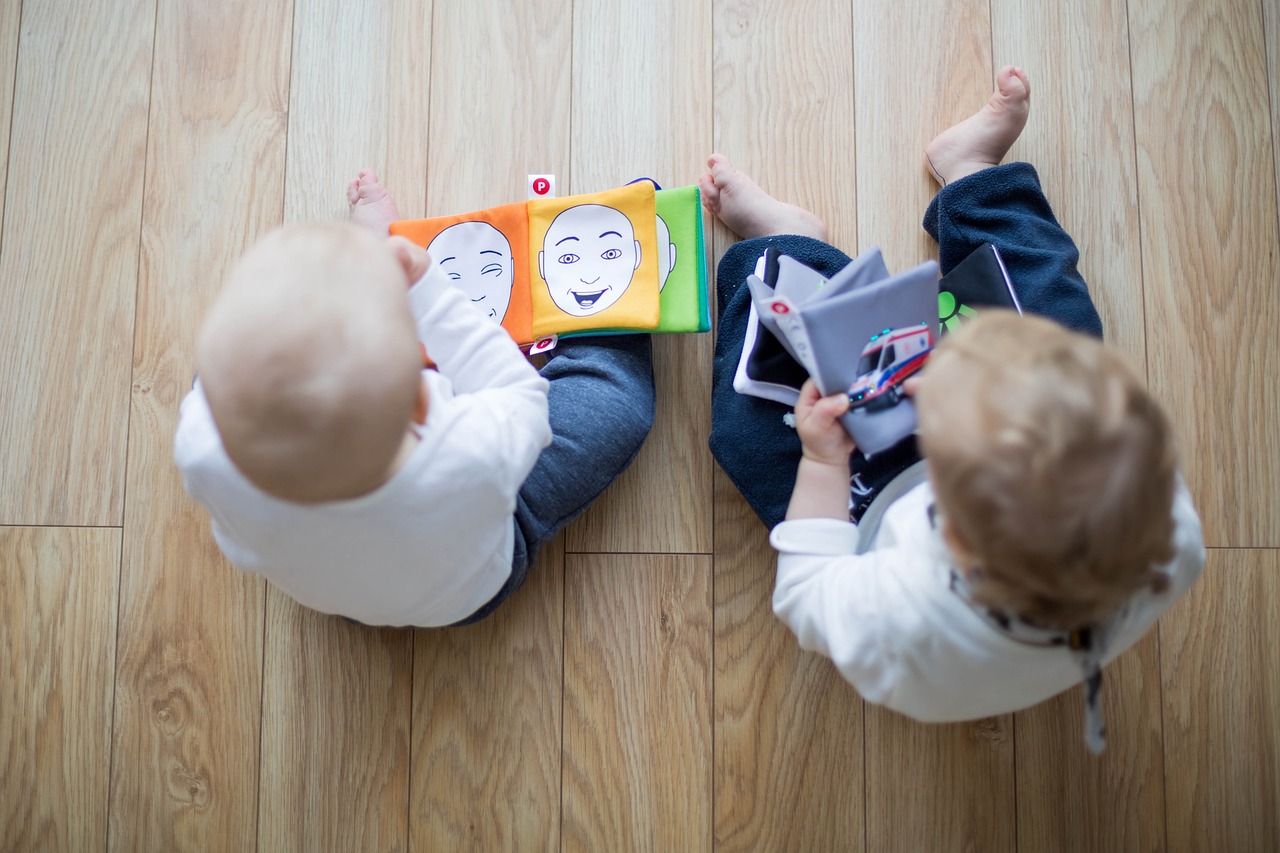It can be concerning for a parent, not knowing their child is a late talker or has a speech delay. A good place to start is with the language milestones, are they reaching them? While each toddler has their own pace of development, most children follow a general schedule of speech and language milestones.
 If you find your child doesn’t meet these milestones, it may be time to contact a speech therapist. While your child may be a late talker, it is very important to catch any speech deals early.
If you find your child doesn’t meet these milestones, it may be time to contact a speech therapist. While your child may be a late talker, it is very important to catch any speech deals early.
A professional speech – language therapist is specially trained to recognize the specific early signs of a speech delay. They will evaluate your child by performing proper tests.
These tests not only analyze your child’s receptive and expressive language skills, they also evaluate their utterances in a number of situations. This combined with possible factors that may be hindering the progress of your child’s speech development, to determine the steps to take next.
Slow Down
As a parent, it may seem like a luxury to slow down, especially if you have more than one child. But try and slow down, when you speak with your child. Make sure they are watching you while you speak.
Read, Read, Read
Children love to explore pictures and ideas in books. Around around 18 months old, children enjoy picking out books they want to you to read. Typically, they like reading the same book over and over again. While it may seem repetitive, reinforcing the same concepts has many benefits.
Hearing new words, listening to stories and they rhythm in which they are told, has many advantages for a child.
Try to help your child participate in the story, have them point to pictures and ask questions about what is happening in the story
Read Out Loud
Read out loud, it can be anything, not just kid’s books. The latest cookbook, the news, or magazine. It is well documented that early reading builds literacy later in life.
Dr. Andrew Meltzer, Department of Psychology at University of Washington, found “that young children who follow the direction of an adult’s gaze pick up more vocabulary in the first two years of life than children who do not track these eye movements.”


